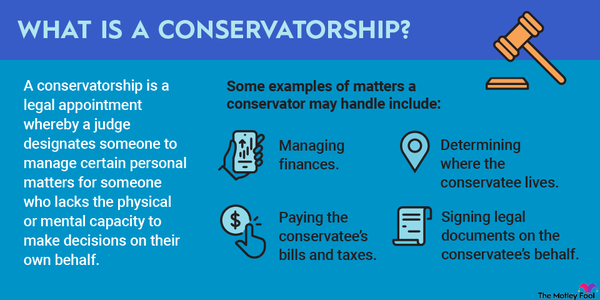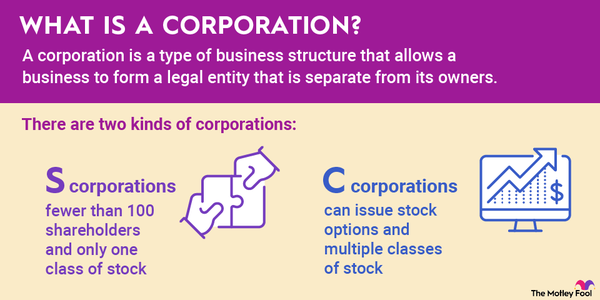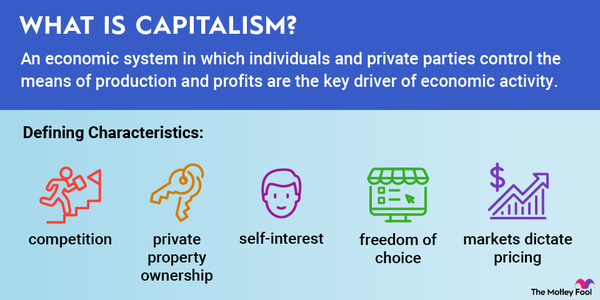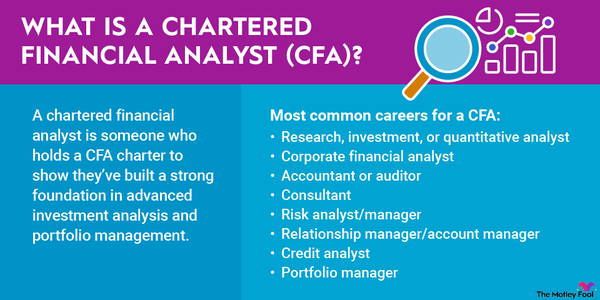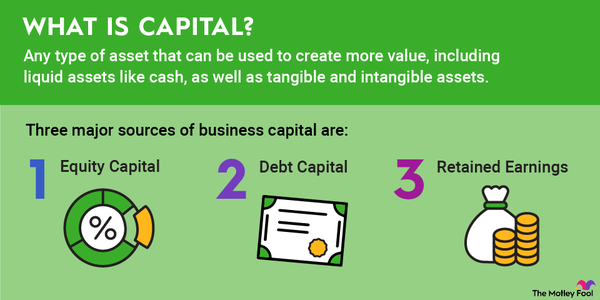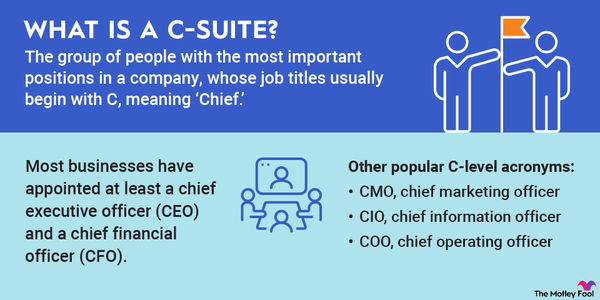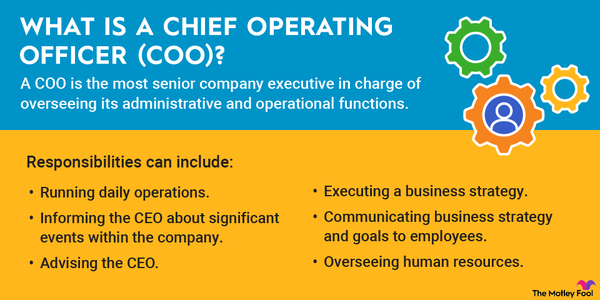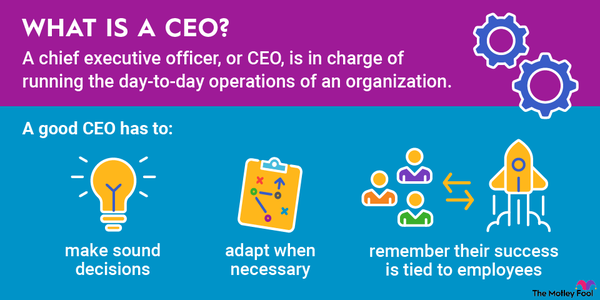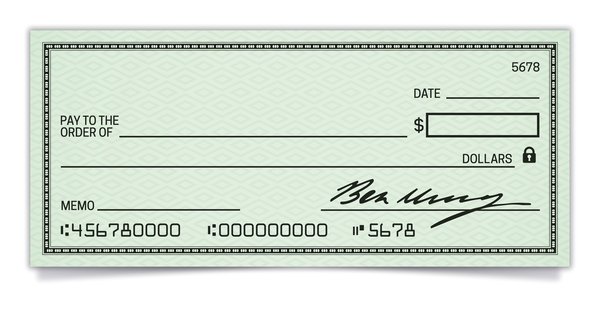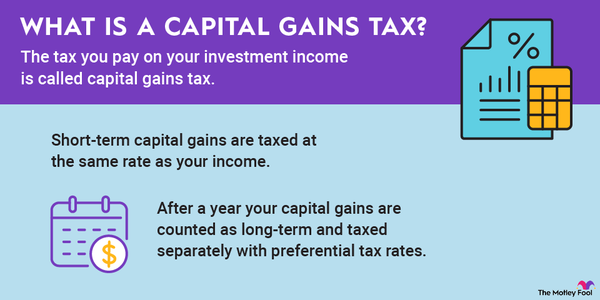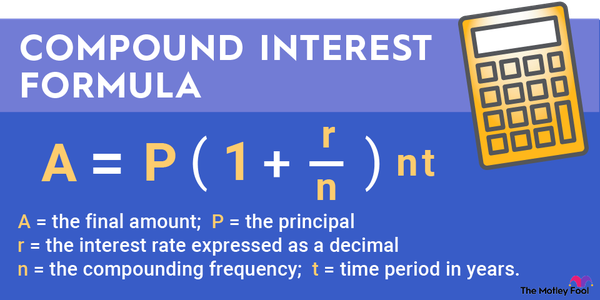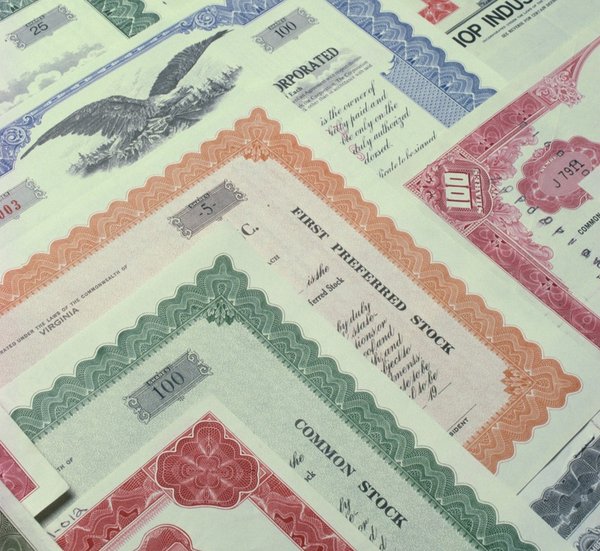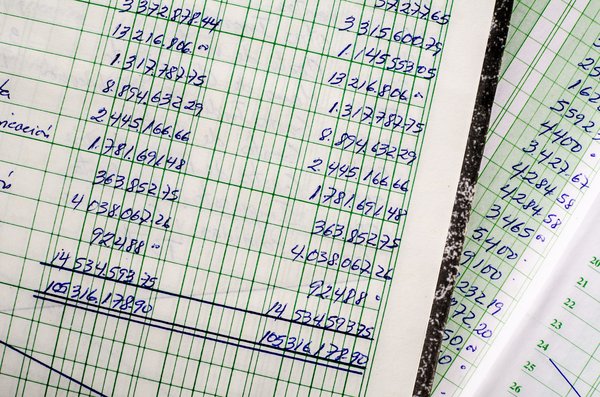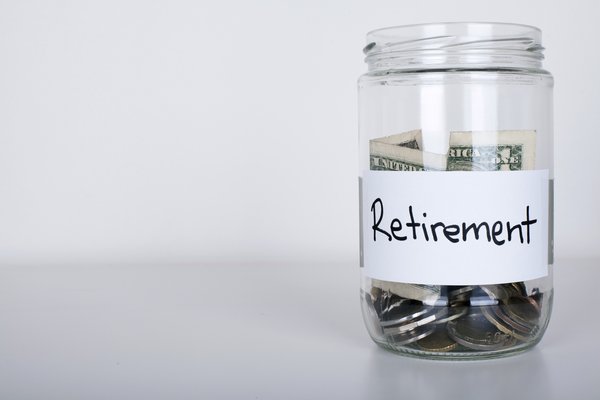Churn rate commonly refers to the percentage of subscribers who discontinue service with a company in a given period. The metric is used in various industries, including telecom, media, and software-as-a-service providers. A company's churn rate is an important factor in growing its customer base over time.

What is churn rate?
What is churn rate?
Churn rate measures the number of existing subscribers who cancel a service during a given period of time relative to the overall customer base. Companies that report their churn rate usually base the number on monthly churn.
A customer may churn for any number of reasons. They could switch to a competing service. They could move out of the service area. They could no longer need the service. Some of these factors are within the company's control, but many are not.
If a company is actively losing customers to its competitors, it'll likely experience a higher churn rate. But churn rates are also affected by a company's total number of subscribers. More mature businesses generally have lower churn rates than newer businesses or start-ups.
How to calculate churn rate
How to calculate churn rate
Calculating churn rate is a fairly straightforward process. Simply take the number of customers who canceled their subscriptions in a given period divided by the number of subscribers at the start of the period. Let's look at a couple of examples.
Let's say a company starts the year with 10 million subscribers and, over the course of that year, one million cancel their subscriptions. The company would have a 10% churn rate for the year.
Note the number of new subscribers during the year doesn't affect the churn rate. It's purely based on existing subscribers.
The impact of churn rate on subscriber growth
The impact of churn rate on subscriber growth
Churn can have a significant impact on subscriber growth. A high churn rate can make it difficult to grow subscribers over time.
If the company in the example above can add one million new subscribers that same year, they'll effectively be standing still. They'll start the year with 10 million subscribers, one million will cancel, and then they'll add one million new subscribers, ending the year back at 10 million.
For a company to grow, it must produce more gross additions than it loses to churn. And that number will get bigger and bigger every year unless the company can reduce churn. For example, if the company above can add two million subscribers per year but has a 10% churn rate, it'll eventually be stuck at 20 million subscribers.
What's more, the cost of adding new subscribers is typically higher than the cost of retaining existing ones. As such, businesses often focus on reducing churn to grow their subscriber base long term.
Related investing topics
Related investing topics
What is a good churn rate?
What is a good churn rate?
Churn rate varies from industry to industry. On top of that, it can be seasonal, meaning churn rises during certain parts of the year and falls during others. So a "good churn rate" is relative.
A company with a higher churn rate than its competitors may see more of its customers switching. However, that's not always the case. A smaller competitor may show significantly higher churn but still gain customers from its competition.
For example, if a company with 10 million subscribers loses 1% per month, it is losing 100,000 subscribers monthly to the competition. But if a larger competitor with 40 million subscribers has a churn rate of 0.5%, it's losing 200,000 subscribers each month to the competition. Overall, the smaller competitor is gaining ground despite having a higher churn rate.
So, a good churn rate for a mature competitor is likely much lower than one for a newer, smaller competitor that's actively gaining market share. One is playing defense, trying to keep as many customers as possible, while the other is playing offense and trying to attract as many new customers as possible.
Investors will likely want to see improvements in churn rates over time. So comparing a company's churn rate from the same period a year ago or two years ago can provide insight into whether their churn rate is good. If churn increases but the competitors' churn rates remain stable, it may signal a problem.
Understanding the industry you're analyzing can give you great insight into the effects of churn on a company and its competitors and vice versa.







